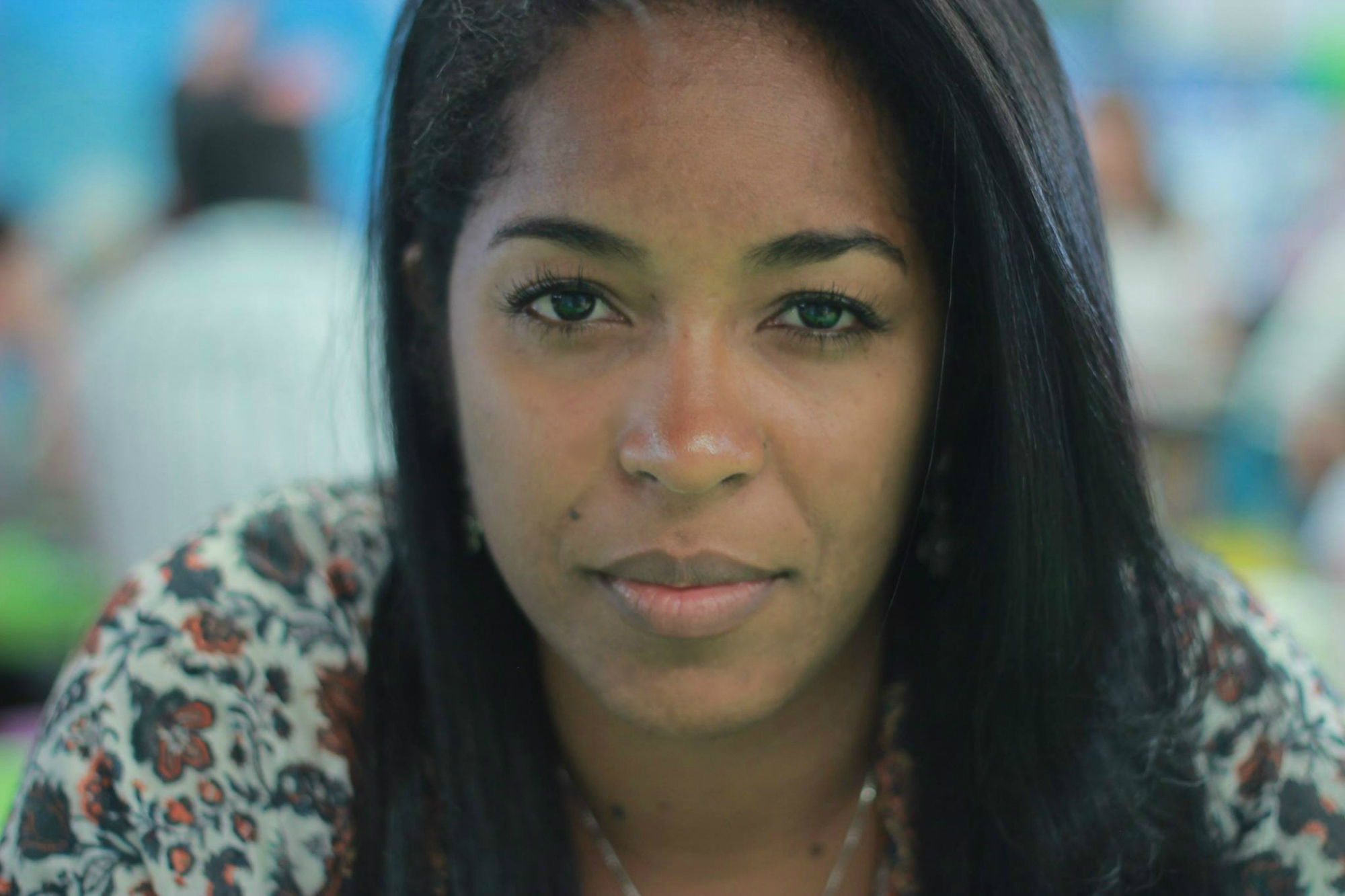“Commercializing blackness: color and race in New Spain (1784-1794)”
OI Colloquium with Andrea Guerrero-Mosquera
This paper approaches the image of children with piebaldism in New Spain concerning the issue of skin color, and the conception of the blackness of the period. Guerrero-Mosquera also will present visual representations and descriptions about the Afro-descendants, and will analyze the intersections on how these images circulated and impacted different social sectors. She will interpret the interstices that conjugate the perception of race and monstrosity in the Atlantic Slave Trade.
Andrea Guerrero-Mosquera received her PhD from the Metropolitan Autonomous University (Mexico). Her PhD thesis analyzed the evangelization of Africans in Cartagena de Indias from an Atlantic perspective (1605-1698), especially exploring the Jesuit missionary project carried out in that port and comparing it to the type of evangelization shaped, especially by Capuchins, in Central Africa, during the same period. Exploring records in archives scattered across the Atlantic from Lisbon, Madrid, Évora, Seville, Bogotá, and Mexico City, the thesis demonstrates an important Atlantic connection between the evangelization processes of Africans and their descendants in America during 17th Century. She is currently expanding this research in a project that explores how European representations of monstrous Africans and Blackness solidified the idea of commercializing blackness during the height of the Atlantic trade in enslaved Africans.
She also is interested in disclosing and discussing the research findings in social networks through the Red Iberoamericana de Historiadoras (RIH: https://www.facebook.com/RIHistoriadoras/), a network that she directs along with other two women historians. Started at the beginning of the COVID-19 pandemic, this network is designed to reach the intellectual community, including Afro-descendant, Indigenous leaders and teachers.
ABOUT OI COLLOQUIA
The OI’s Colloquium Series is an ongoing seminar for scholars to present their work in progress for graduate students and colleagues. Advanced registration is required. All participants read the pre-circulated paper and prepare to engage in generous and generative feedback.
When we meet in person we are limited by the size of the OI’s conference room; online we limit registration to 40 (a typical size for the colloquium). No recordings are made of the discussions and no tweeting or posting on other social media platforms during the event is permitted in order to encourage this intellectual community of trusted exchange.


